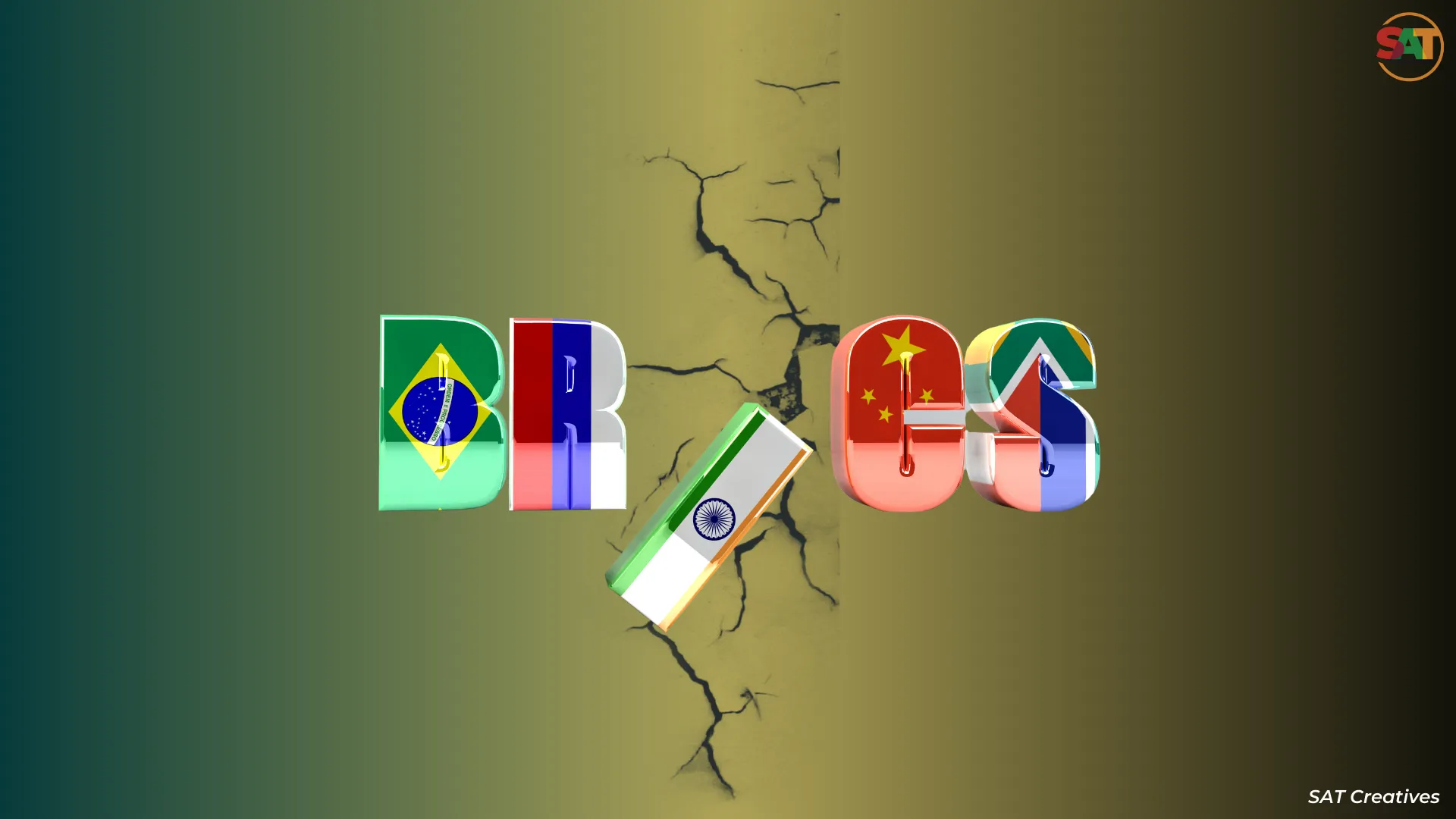BRICS 15th Summit in Johannesburg was very happening this year. While most news headlines and media coverage remained centered on the expansion of the forum to include six new members, India’s “awkward” arrival and quick midnight departure from South Africa’s capital coincided with its failure to exert itself diplomatically. This failure was particularly evident on the matter of BRICS expansion. Media in the West was busy catching up on discrepancies on the said matter. However, Indian media was comparatively silent over Modi’s presence at the summit and the unexpected troubles it brought.
South Africa’s media outlet, Daily Maverick, highlighted Modi’s refusal to get off the plane when he landed in the country’s capital. Following this report, the outlet faced cyberattacks from India for simply reporting all the happenings at the Summit.
Prime Minister Modi took trouble with the absence of any high-level official or delegation to welcome him at the airport.
But the unwelcomed arrival did not quite end here. Modi was traveling on Presidential impunity because there were charges of human rights violations lodged against him in South Africa. Local rights organizations, such as the South African Kashmiri Action Group (SAKAG) and the Muslim Lawyer Association (MLA), had filed these charges. Protests welcomed the Indian Prime Minister with slogans saying “Go Modi Go.” Sensing the trouble building, Modi left South Africa in haste at midnight.
Disfavour for India
As much as the Summit left India with bad optics, the diplomatic signals were also not in the country’s favor. Two BRICS members were not in favor of the expansion that China bet all its options on. Quite unsurprisingly, one of the two was India; the other being Brazil. The Western tilt of both India and Brazil is the most obvious explanation for them opposing the expansion move. But it is also important to note that BRICS operates on the basic premise of “equality of all members.” For India, this notion does not bode well because it seeks hegemony in most multilateral forums it is a part of.
From India’s perspective, the expansion could happen but the primary five members should be “more equal” among the equals.
Contrary to India’s wishes, China did not step back from the expansion and made it happen. To the surprise of many, when the new members were announced, Iran also made it to the list; the country which is said to be the reason why an agreement on expansion was delayed. So if the West wanted to prevent Iran’s inclusion and wanted to play it through India and Brazil, it failed. And simultaneously, India also failed to strike that balance it boasts off between the two world blocs.
For the first time in many years, India got into trouble for its “strategic ambiguity.”
Future for India
Which side is India on? A China-led parallel and alternative economic world order or the US-led strategic partnership that puts it at open odds with China? If it wishes to champion the cause of Global South through BRICS’ values that might pave the way for its ambitions at the United Nations Security Council (UNSC), it will have to display a spirit of cooperation with China; something which does not seem very likely given the deadlock on de-escalation over the contested border areas.
India’s waning influence in the alternative bloc called BRICS has transpired from its desire to maximize its benefits from all stakeholders. But playing all sides has formed a complicated web of priorities, ambitions, and foreign policy objectives. From being “America’s bad bet” to a country that prioritizes its standing in the West over cooperation with the region, India’s BRICS chapter has come with some bitter realizations.
Question is, will the G20 Summit next month in Delhi further deepen this diplomatic trouble for India?







![Ukrainian and Russian flags with soldier silhouettes representing ongoing conflict. [Image via Atlantic Council].](https://southasiatimes.org/wp-content/uploads/2026/02/2022-02-09T000000Z_1319661209_MT1NURPHO000HXCNME_RTRMADP_3_UKRAINE-CONFLICT-STOCK-PICTURES-scaled-e1661353077377.jpg)